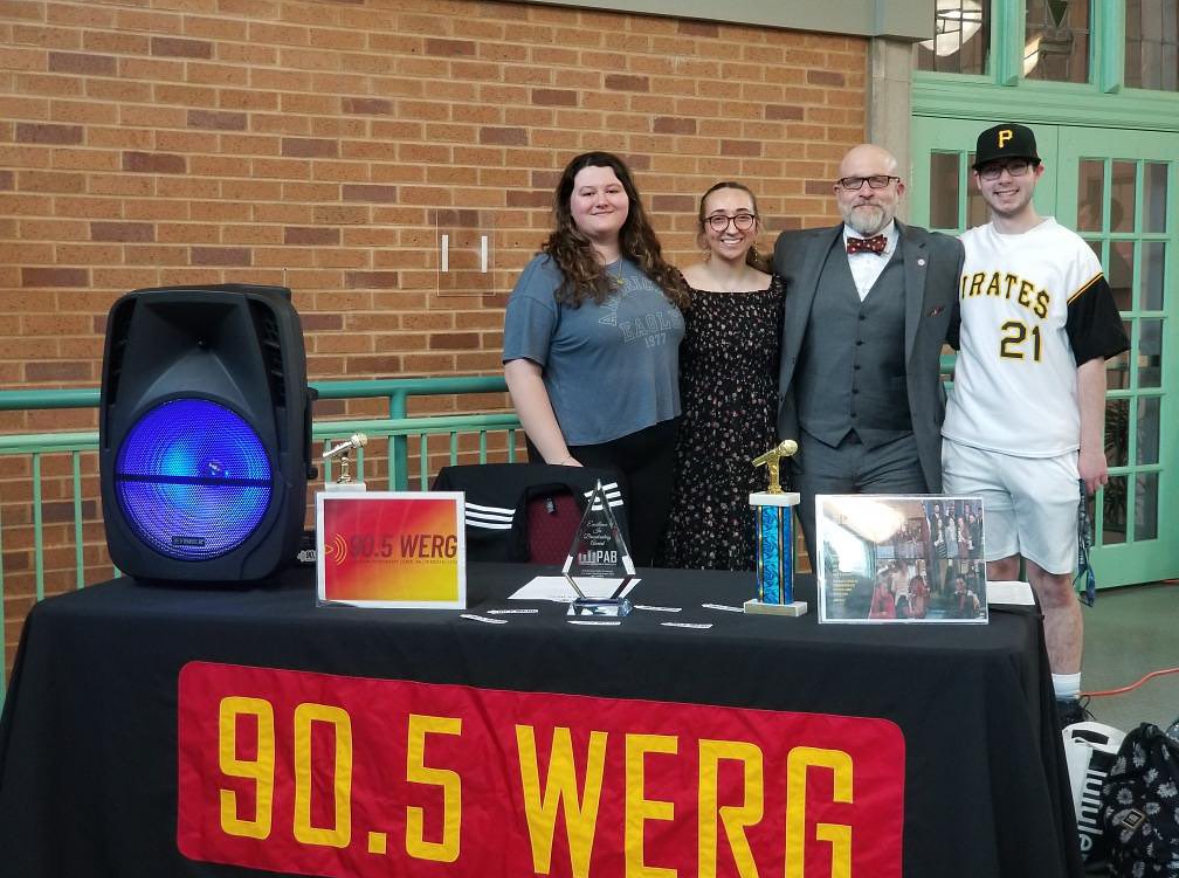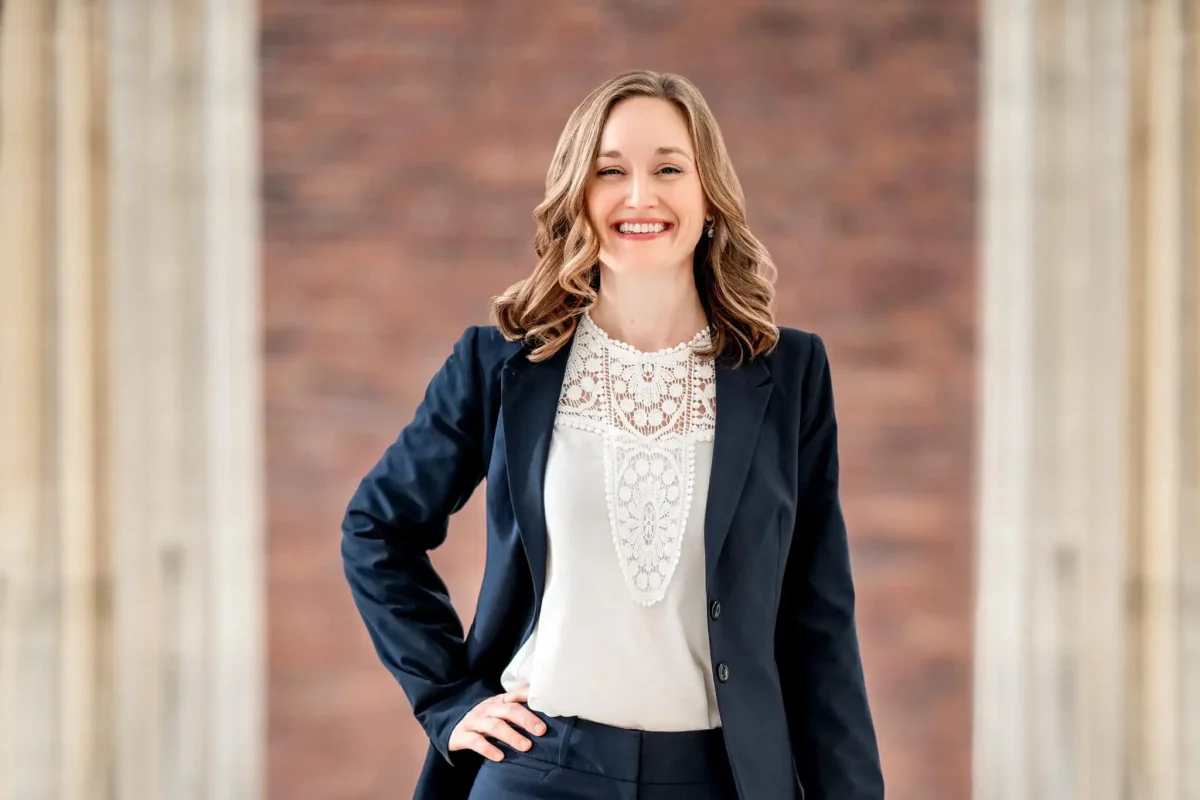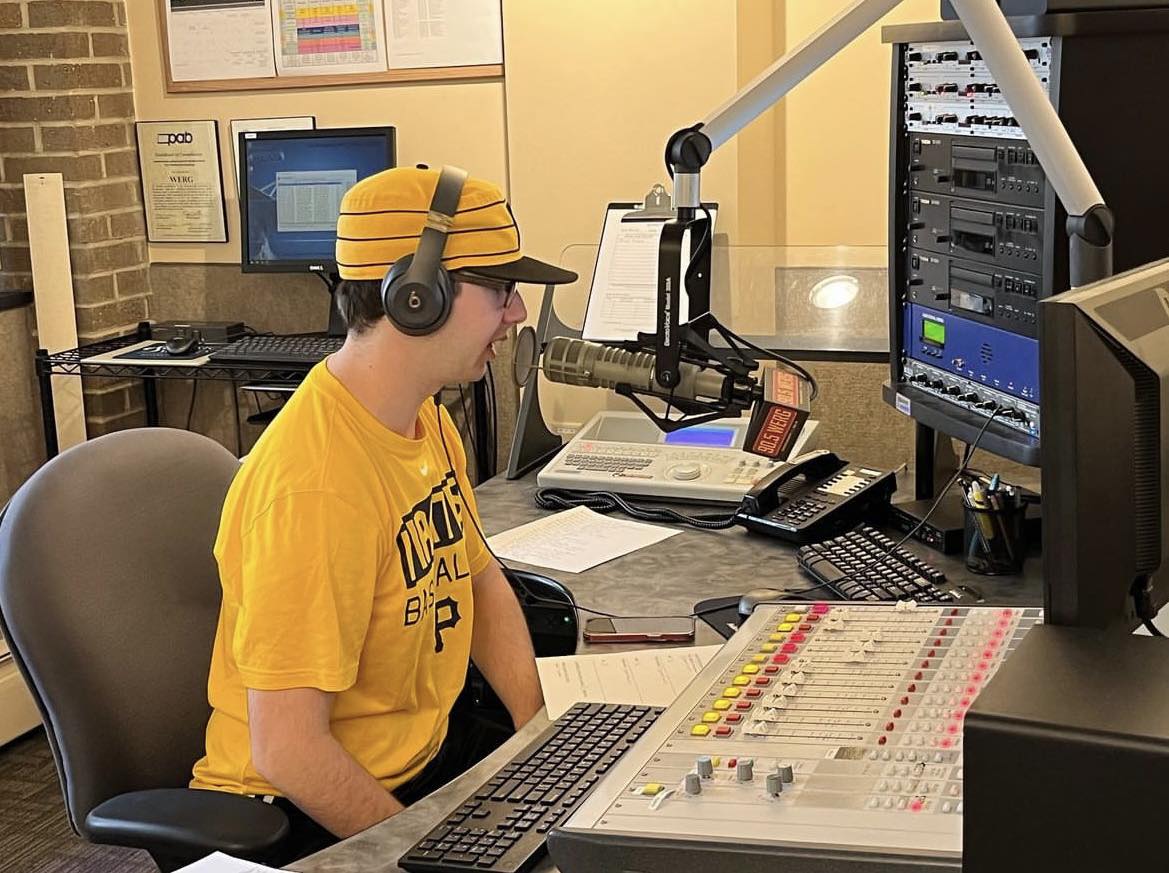According to the National Center for Learning Disabilities, 10 percent of college- age students with learning disabilities are enrolled in a four-year institution in the U.S., compared with 28 percent of all college-age students.
More and more universities are working to increase retention and long-term success among this minority. Gannon University, in particular, has proven itself to be one of the most supportive for students with learning disabilities.
Jane Kanter, M.Ed., who directs the Program for Students with Learning Disabilities (PSLD) at Gannon, said that compared to similar programs at other universities, Gannon’s stands out. In fact, Bright Hub – an online source of original articles and reviews on topics like technology and education – ranked it among those at the country’s top schools.
Alongside Columbia University and Stanford University, Gannon was listed as a private college that provided a strong, positive impact on students with learning disabilities.
Kanter said program graduates have gone on to successful careers as attorneys, doctors, engineers, nurses, teachers, physical therapists, occupational therapists and corporate CEOs.
“I do know, for the university, that’s one of the major selling points,” said Brent Sleasman, Ph.D., an associate professor of communication arts at Gannon. “It’s a well-respected program.”
He said that during his six years at Gannon, he has taught a number of students with learning disabilities, but none very severe. He had one student from the PSLD in class who traveled from California to attend Gannon in large part because of the quality of services for students with learning disabilities.
Kanter said Gannon’s PSLD and systems like it carry a heavy responsibility: meeting the needs of students with learning disabilities and helping these students demonstrate their knowledge and academic abilities.
“For example,” Kanter said, “in the case of dyslexia, a student may have trouble decoding symbols, but this has nothing to do with a lack of intelligence.”
She said her 20-plus years as an educator have given her a solid frame of reference.
“I would say some of Gannon’s students who have learning disabilities are among the best and brightest of any students I’ve ever met,” she said.
Kanter said that the term “learning disability” is sometimes misunderstood. Students with learning disabilities possess average to above average IQs, with deficits in certain areas – reading, writing or math. Learning disorders affect the brain’s ability to receive and process information.
Several disorders exist: dyslexia, a language-processing disorder that hinders reading, spelling and sometimes speaking; dyscalculia, a disability that interferes with person’s ability to understand math and spatial concepts; and dysgraphia, which affects the complex set of motor and information-processing skills involved in writing.
Kanter said studies have shown that in a typical population, at least 5 percent of individuals have some kind of learning disability. She said the same holds true in a university population, but not all students reveal their disability due to fear of judgment.
As a result, she said, some students at Gannon have a legal right to accommodations but choose not to use them.
“In college, it is the student’s choice and responsibility whether or not to disclose their learning disability,” Kanter said.
Gannon’s PSLD, located in the Student Success Center in the Palumbo Academic Center, is open to any student with official documentation of a learning disability or attention deficit hyperactivity disorder (ADHD).
The PSLD began in 1987 at Villa Maria College and was adopted at Gannon when the schools merged in 1989.
Eligible students can take advantage of twice weekly sessions with a professional tutor, advising assistance, quiet exam rooms, e-readers and extended – but not unlimited – test time.
The yearly fee for these comprehensive services is $600. However, some students with learning disabilities choose not to enroll in the PSLD and forgo the fee. They can still receive basic services – such as instructor notification, note-taking assistance and test-taking accommodations – through the Office of Disability Support Services.
Disability Support Services differs from the PSLD in that it includes students with physical disabilities that do not influence learning.
This semester, approximately 80 students enrolled, though the number varies year to year. Over the last decade, Kanter said, the PSLD’s numbers have doubled.
The PSLD employs five professionals – two full-time and three part-time – with master’s or doctoral degrees in education, psychology and writing in addition to Pennsylvania teaching certificates.
Laura Rutland, Ph.D., an associate professor of English and the director of first-year writing at Gannon, said she has dealt with a variety of learning disabilities in her classroom, the most common being ADHD. She said she is more than willing to provide reasonable accommodations for students with disabilities.
Rutland has worked in higher education for 19 years and at Gannon for 10. In many cases, she said, one student’s disability does not affect the overall classroom climate.
When a disability is particularly noticeable, other students in the class become aware of it. In these situations, she said she found them to be very supportive.
“In my experience, Gannon students – and this is something I love about Gannon students – generally rally around somebody,” Rutland said. “That’s just wonderful to me.
APRIL SHERNISKY







